1. What is Reiki?
Reiki is a natural healing technique that uses universal life force energy to balance the body, mind, and spirit. It is gentle, safe, and promotes overall well-being.
2. Is Reiki a religion?
No, Reiki is not a religion. It is a spiritual healing practice that complements all belief systems and enhances personal growth.
3. Can Reiki be learned by anyone?
Yes! Anyone who has the willingness and openness can learn Reiki. No prior experience is necessary. Reiki is passed from teacher to student through a process called attunement.
4. What is a Reiki attunement?
A Reiki attunement is a sacred process in which a Reiki Master transfers the ability to channel Reiki energy to a student. This opens the energy pathways and allows the person to give Reiki to self and others.
5. Are distance/remote Reiki attunements effective?
Effectiveness of a diistence/remote attunement often depends on the experience and purity of the teacher.
6. Do I need to be physically present to receive Reiki or attunement?
Not at all. Reiki energy is not limited by distance. Many people experience powerful healing and attunement through remote sessions, which I offer online.
7. How does Reiki feel?
Each person experiences Reiki differently. Common sensations include warmth, tingling, deep relaxation, emotional release, or even visuals. Reiki always works for the highest good.
8. How many Reiki levels are there?
Traditionally, Reiki is taught in three main levels:
Level 1 – Self-healing and healing others by touch
Level 2 – Distance healing using sacred symbols
Level 3 (Master Level) – Attunement techniques and spiritual mastery
Some systems also include a Level 3A and 3B or Grand Master Levels.
9. Can Reiki heal physical and emotional problems?
Reiki supports the body’s natural ability to heal itself. While it is not a replacement for medical treatment, it can greatly help with stress, anxiety, emotional blocks, and pain relief.
10. How long is a Reiki session?
A typical session lasts between 30 to 60 minutes, depending on the needs of the recipient. Remote sessions can be equally effective.
11. Can children and pregnant women receive Reiki?
Yes, Reiki is completely safe for people of all ages, including children and expectant mothers. It brings calmness and comfort without side effects.
Vedic Roots of Reiki
1. Does Reiki have roots in the Vedic tradition?
While Reiki was Rediscovered in Japan by Dr. Mikao Usui, the essence of Reiki—channeling life energy for healing—is deeply aligned with Vedic concepts of Prana, Chakras, and Nadis.
2. Is Reiki similar to Pranic Healing or Ayurveda?
Yes. Reiki shares common ground with Pranic Healing, Yoga, and Ayurveda in its recognition of the subtle energy body. Unlike Ayurveda, Reiki doesn’t use herbs—it’s purely Energetic and Intuitive.
3. How does Reiki relate to Atman and Paramatma?
Reiki purifies the Subtle body and helps align our individual soul (Atma) with the Supreme Soul (Paramatma), fostering inner peace and divine connection—core teachings of the Bhagavad-Gita.
4. Is chanting mantras or spiritual practice important in Reiki?
In Vedic Reiki, chanting mantras like the Maha Mantra during healing amplifies spiritual vibrations and transforms the process into devotional service (bhakti-yoga).
5. Can Reiki be integrated with Vedic practices like japa and meditation?
Yes. Reiki enhances the depth of japa, meditation, and spiritual sadhana. Many find their chanting becomes more focused, and their spiritual journey more blissful after practicing Reiki.
6. What makes this “Vedic Reiki” different?
Vedic Reiki, as taught here, is rooted in Purity, Vegetarian living, Mantra chanting, and connection with the Supreme. It combines the healing power of Reiki with the spiritual wisdom of the Vedas.


